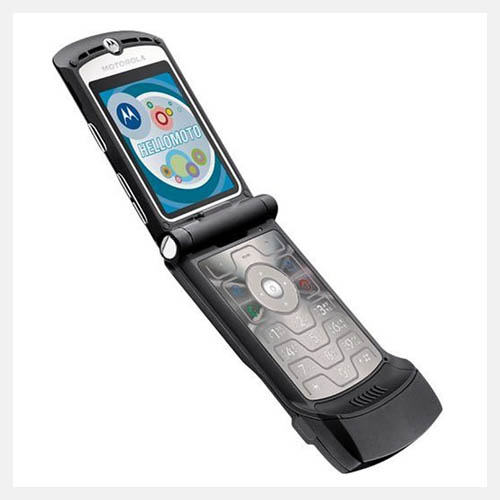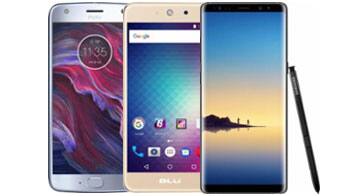 |
| IMAGE: The Daily Beast |
What happens when something becomes much more than it is? More importantly, has it always been that everything we own means much more than just what is was meant to me? Have we reached the point where we buy things not by practicality, but more by image? Are phones just the next link in the chain?
I am sure long before television commercials, social media, and worldwide recognition things were known just for usability. For instance, if you bought a hammer, shoes, or even something as advanced as a refrigerator, you bought it for its practicality. You wanted something that did the job it was asked to do for as long as it possibly could. If someone asked what brand of fridge you had, you may reply, "Not a clue, but it keeps shit cold". To an extent, even cars were purchased for the life expectancy, not the flash it seemed to have.
Even when cell phones first came out, the idea of image based on cell phone was non-existent. The only idea of image associated with cell phones at first was how bad-ass someone was based on whether they had the balls to drop their Nokia 50 feet instead of 45 (it wouldn't break either way). However, one phone changed that narrative for good: the all-mighty Razr. If you ask anyone that had a cell phone during the flip era, they will tell you that to own a Razr was to be a member of the "It" crowd; cell phone ownership has never been the same.
| IMAGE: NDTV - Gadgets |
 |
| IMAGE: Tech4Less |
Since that time, cell phone usage and ownership has never been the same. Own the LG Chocolate? You were the cock of the walk. When the first iPhone, and then subsequently Droid, came out, you were practically royalty if you owned one. "That's a nice Juke you have there, but check this out," is the phrase I would imagine those interactions would go. iPhone 4's were incredible, but your parents loved you if they bought that identical-looking upgrade that you could talk to, and I am sure those Android phones run well, but they are no comparison the first 4G phone with the kickstand.
As the cell phone era plunges forward, and all phones begin to look just like the other, brand and size became the deciding factor on who was "hot" and who was "not". Trust me, I have witnessed these conversations personally. Own a newer iPhone, and you are suddenly "rich" or "have parents who spoil you". If you own any Samsung, you love power and need the best-of-the-best; Pixel (and previously Nexus) owners are the tech enthusiasts that love things to be new. For all of you OnePlus, Essential, and ASUS owners, we all know you just want to be part of the "techie/hipster" crowd. Even the LG, HTC, and Lenovo crowd, they just like to be different.
 |
| IMAGE: Best Buy |
Are any of those descriptions accurate? If they apply to anyone, it is purely coincidental; oddly enough, I am a tech enthusiast and I love my Pixel. But while these are just totally stereotypes, they speak to the power that phone ownership has on our image. Phones have become much more than just a tool or piece of equipment; they have become part of our identity. When we see someone with an iPhone, we instantly believe that they are not struggling for money. iPhones are a symbol of luxury, and if you don't believe that, try having a blue/green bubble discussion. Those distinct screen-curves on a Galaxy scream top-of-the-line. While our opinions of ourselves or even our true personalities may be different from what stereotypes suggest, the phone shines brighter and screams louder.
Whether we like it or not, the phone we own is as much of our identity these days as the shoes we wear or the car we drive. As phones evolved, they quickly became the center of our day as well as image we give to the world. Phones have gone from tools to symbols; they reflect both our image and our personality (whether they are accurate or not).

Comments
Post a Comment